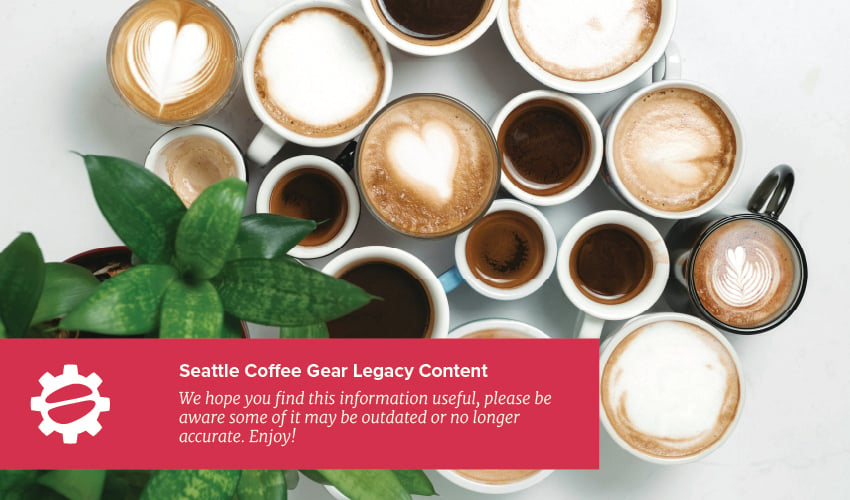If you've been reading our blog for awhile, you know that coffee is the 2nd highest traded commodity in the world, which certainly translates into its high impact -- both negatively and positively -- on the communities in which it is grown. Generally, a farmer sells to either a distributor or a large roaster, who then resells to smaller distributors for direct sale or to retail locations, which then finally sell to you. Each participator in this chain is leveling some profit margin on top of what they paid, so $1.25/pound paid to the coffee farmer ends up as your $12/pound bag of coffee in your home. The idea of fair trade is often bandied about with regard to several commodity goods, and fair trade establishes a minimum price that, despite market fluctuations, participants will pay for a specific product. Many large scale roasters are taking a different tack: Going directly to the source itself. Perhaps in the past they were working with a distributor who would levy a profit on top of what they paid to the farmers and the costs of importing. The roaster may have been paying $4.00/pound for the beans, but the farmer was only seeing $1.25 of that, so a movement toward direct trade is burgeoning amongst larger roasters such as Intelligentsia in Chicago, Stumptown in Portland or Counter Culture in Durham. What is direct trade? Well, instead of dealing with all the middle men that add cost onto a pound of coffee, these roasters are developing relationships directly with farms themselves. This means they can contribute to an increased quality of life by paying a higher price that doesn't affect their overall retail price. It also means they're able to understand at a more detailed level the quality and origin of the coffee they're roasting and selling. This gives them the ability to delineate between single origins and to perfect blends based less on generalized bean profiles and more on an understanding of the agricultural product, its environment and how it's processed. China Millman wrote this great synopsis of the specialty coffee movement toward direct trade. It urges us to be cognizant of what we're buying and who we're buying it from -- especially in the context of the current international financial market reset. To skimp and save is on everyone's minds, but it might just be more about spending wisely than not spending at all. It's important to keep in mind that beyond flags, borders and politics, this planet is more interconnected than we sometimes give it credit and something as simple as coffee can make a huge difference in the lives of families on the other side of that planet. To stop and make a choice to do business with someone who is cognizant of that connection and choosing to shift the economic and power balance out of the hands of brokers and into the hands of farmers is a powerful decision that will make every cup of that coffee taste all the better.
Cart updated ()

